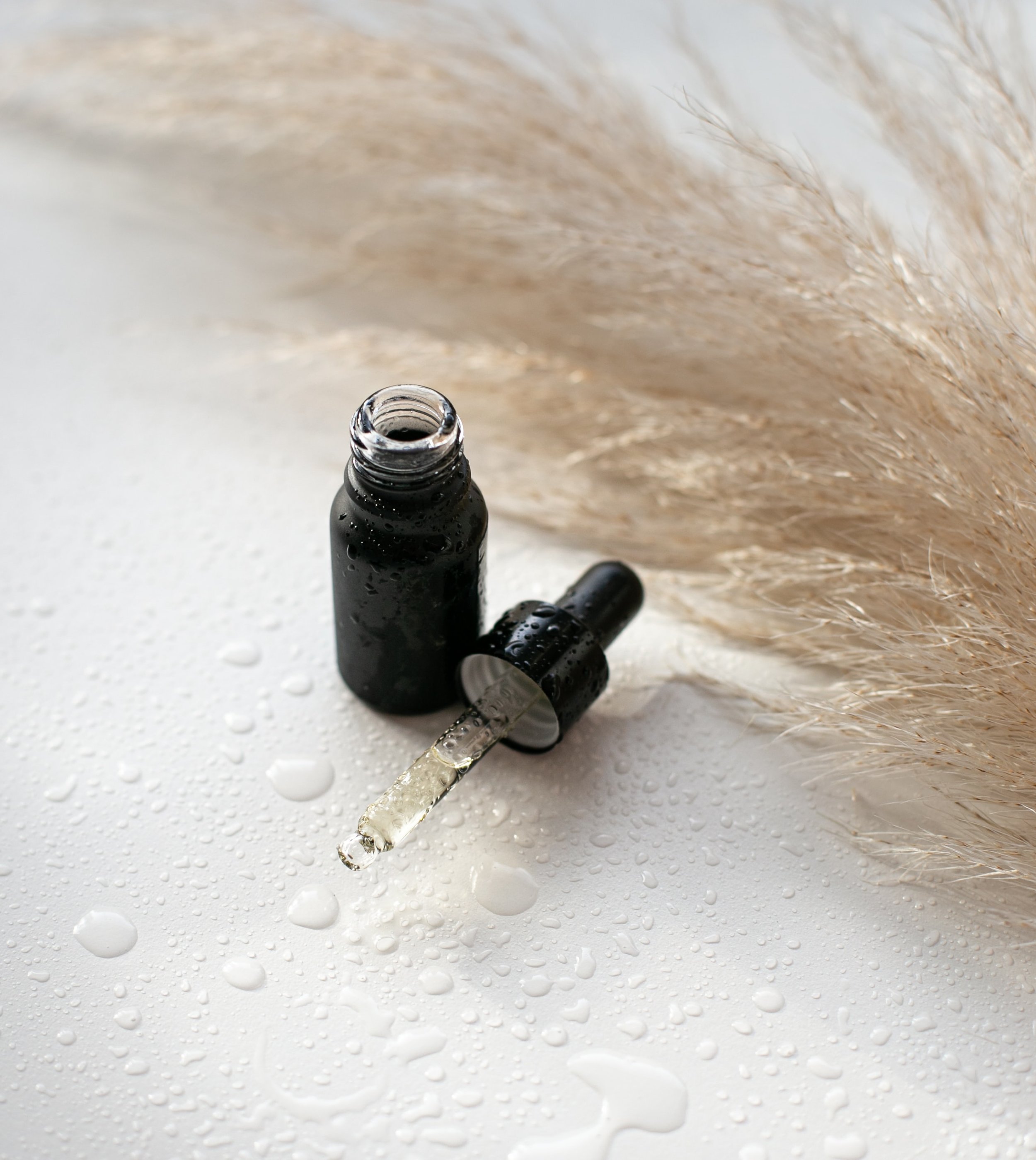Stress is an essential body function that involves a whole range of psychological, physiological, and hormonal reactions. Thanks to stress, we can react in front of a dangerous situation, keep ourselves safe, prevent further injury, or find the determination we need to study for an exam or work on a time-sensitive project.
However, when stress becomes a constant in our lives, it no longer remains within a normal range and turns into chronic stress instead. Not only is chronic stress associated with a range of diseases, but it can also expose us to a greater risk of anxiety, depression, chronic pain, impaired sleep, emotional distress, and irritability.
Fortunately, there’s more than one strategy you can leverage to manage stress in your life and use it as a force for good. Let’s discuss them more below.
No. 1
Learn To Recognize Your Triggers
The first step is to learn to recognize the triggers in your daily life that cause you to experience constant stress. This can be your job, colleagues, home, family life, or financial problems. With some practice, some of these triggers can be managed.
For example, you can plan a detailed budget that can work as a roadmap to improving your financial situation. Alternatively, you could consider changing jobs or asking your employer to move you to a different team or department.
It’s important to note that not all triggers can be avoided altogether. In this case, the techniques below can help you manage how you respond to those triggers, thus leading to better overall health. Let’s uncover them one by one.
No. 2
Meditate Your Way To A Stress-Free Life
Meditation is a practice that dates back to thousands of years ago. And yet, only in the past few decades has the global scientific community started to look into the benefits that it can bring to our mental and physical health.
In particular, mindfulness meditation is considered to be a fast, simple way to reduce stress. It does so by clearing away unnecessary information overload, boosting focus and patience, improving self-awareness, and reducing anxiety. From a physical viewpoint, meditation reduces your heart rate and blood pressure and can aid sleep and chronic pain.
No. 3
Discover Stress-Relieving Supplements And Herbs
Nature provides us with all we need to relieve stress and anxiety. Some herbal infusions that may help include:
Chamomile
Lemon balm
Fennel
Cinnamon
Mint
Ashwagandha
Rhodiola
Passionflower
Lavender
Valerian
You may also try ad hoc, premium natural stress-relief supplements or supplements that help with certain risk factors for high stress levels. For example, if you feel stressed and irritable because of a lack of sleep, melatonin supplements can help.
No. 4
Leveraging The Power Of Nature: Spend More Time Outdoors
“Mental health walks” have become a huge trend across all social media platforms. But they are more than just a fad—they actually work! According to studies, spending more time outdoors, ideally in a natural environment, can help reduce oxidative stress, blood pressure, and heart rate.
Walking or jogging through a lush park or garden can immediately boost your mood, increase serenity, and promote self-awareness. Not only are these physical activities helping you relieve stress by releasing feel-good neurotransmitters called endorphins, but chemicals like serotonin, noradrenaline, and dopamine, which improve your physical and mental health are also having positive effects on your body.
No. 5
Practice Mind-Body Activities Or Just Get Moving
Exercise of any kind can help you experience what’s known as “runner’s high”—a feeling of generalized well-being caused by the release of endorphins and other “feel good” hormones in the body (as mentioned previously). Exercise also helps clear mental and emotional overloads, improve your overall physical and mental health, and boost your self-image.
For even better results, consider engaging in mind-body activities like Yoga and Tai Chi. These ancient practices can help you boost the connection between your body and mind while boosting your overall well-being.
No. 6
Create A Stress-Free Home Environment
Did you know that your home can be one of your main stress triggers? Coming home after a hard day at work to a cluttered, untidy living environment can cause your stress levels to spike. Even worse, you may not be able to focus or relax in a cluttered room because of how hard your brain needs to work to sift through the mess.
If you are struggling with high stress levels, a great starting point is to get organized, declutter your home, and get rid of items you no longer use. In no time, you will be able to enjoy a much more relaxing home that is truly conducive to overall health.
No. 7
Prioritize Sleep
Getting 7 to 9 hours of high-quality sleep each night is essential to better manage your stress levels during the daytime. When we are well-rested, we are more capable of focusing on problems that need to be solved; we also feel less irritable and overwhelmed. This can help us think more clearly and face everyday challenges without letting stress and anxiety take over our lives.
No. 8
Don’t Let Stress Take Over Your Life: Work With A Specialist
Not all stress is created equal. While feeling stressed for brief periods of time can fuel you forward, chronic stress can take you down and lead to a whole host of health problems. What’s more, over time, high stress levels can increase the risk of suffering from disorders like anxiety or depression.
In such cases, you may need more than just self-help strategies. Learn to recognize the signs of anxiety early on, and work with a mental health specialist to get the professional support you need if necessary.
Takeaways
Learning ways to manage and overcome stress in your life requires constant effort. However, with the proper tools and techniques, it becomes easier to transmute your stress into something positive.
As you redirect your energy, you will become more resilient in effectively managing your stress levels. Your stress will fuel you toward positive activities, instead. Eventually, you will emerge better equipped to handle any of life’s challenges.














